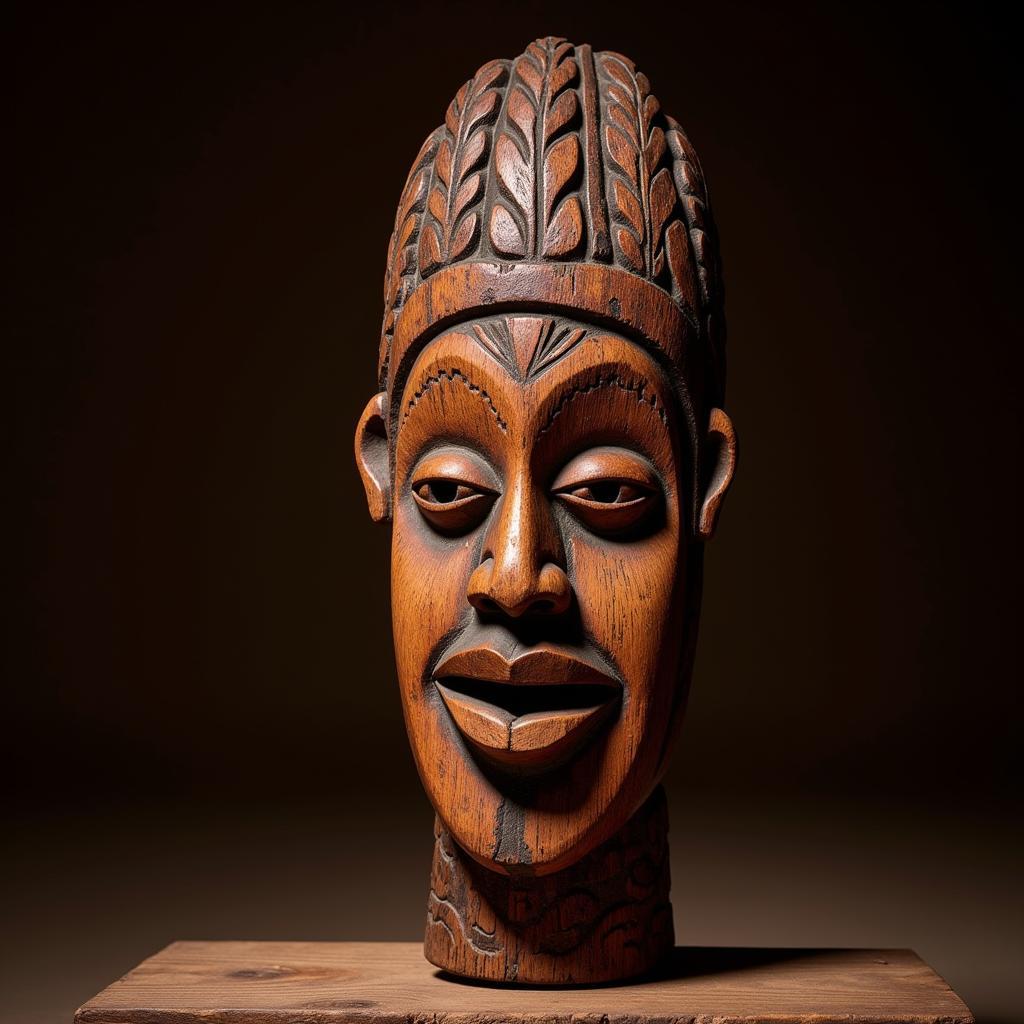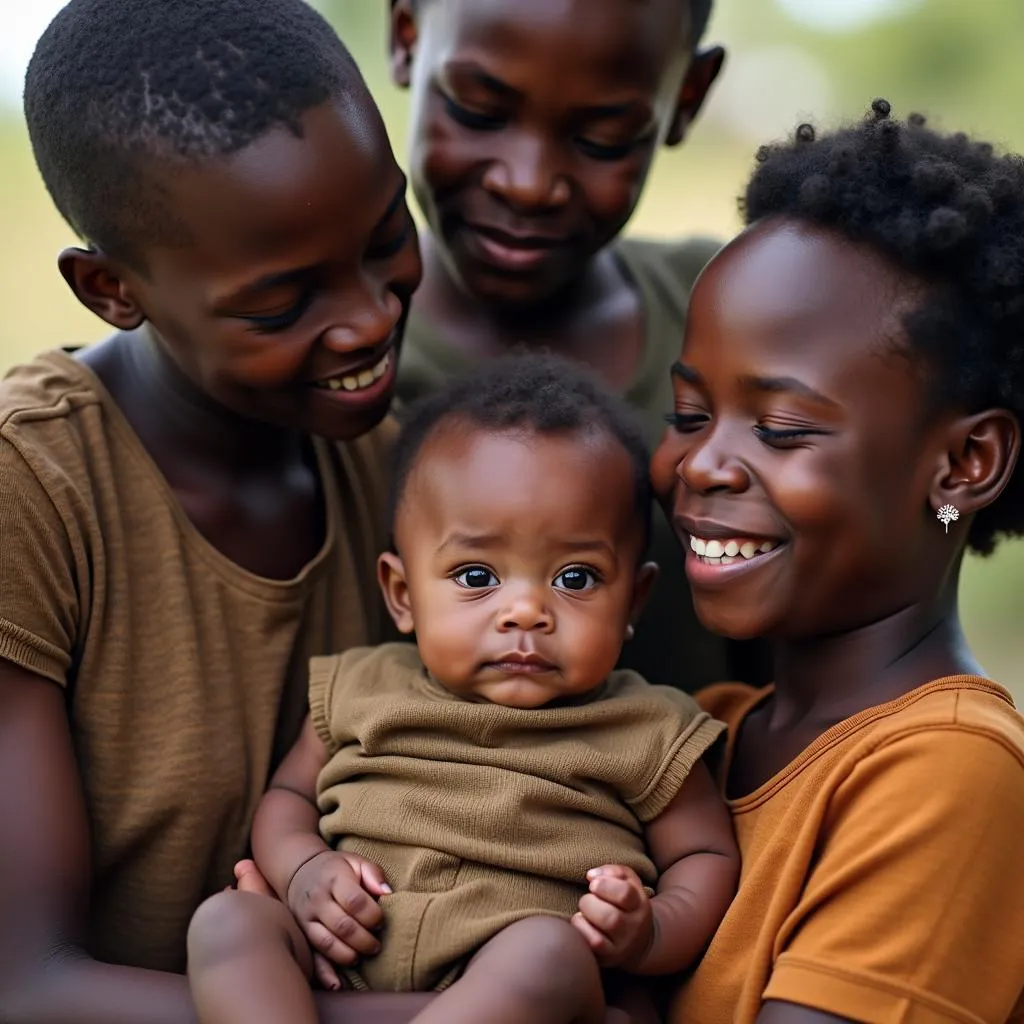African Love Birds Price List: A Guide to Owning These Affectionate Parrots
Lovebirds, with their vibrant plumage and affectionate nature, have captured the hearts of bird enthusiasts worldwide. Originating from the African continent, these small parrots are known for their strong pair bonds and playful personalities. If you’re considering welcoming a pair of these charming birds into your home, understanding the African lovebirds price list and factors influencing their cost is essential.
Factors Influencing African Lovebirds Price
While African lovebirds are generally considered affordable companion parrots, several factors contribute to their price variation.
Species and Mutations:
Over nine recognized lovebird species exist, each with unique physical characteristics and temperaments. Some species, like the Peach-faced Lovebird, are more common and thus more affordable. Rarer species, like the Black-cheeked Lovebird, command higher prices due to their limited availability. Additionally, color mutations within a species, such as the Lutino or Blue Peach-faced Lovebird, can significantly impact price.
Age:
Younger lovebirds, particularly weaned babies, are generally more expensive than older birds. This is because they require less initial care and have a higher likelihood of bonding with their new owners.
Lineage and Breeding History:
Lovebirds bred from prize-winning bloodlines or with proven breeding histories often come with higher price tags. These birds are sought after by breeders and hobbyists looking to produce offspring with specific traits.
Location and Breeder Reputation:
Geographical location plays a role in lovebird pricing. Birds purchased from reputable breeders in urban areas or regions with higher living costs may be more expensive. Breeders known for their ethical breeding practices, high-quality birds, and excellent care standards often charge a premium for their lovebirds.
African Lovebirds Price Range
The price of African lovebirds can vary significantly depending on the factors mentioned above. However, here’s a general price range to give you an idea:
- Common species (e.g., Peach-faced Lovebird): $50 – $150
- Rarer species (e.g., Black-cheeked Lovebird): $150 – $400
- Color mutations: Prices can range widely depending on the rarity of the mutation, from a slight increase to several hundred dollars.
Beyond the Price Tag: Costs of Lovebird Ownership
While the initial purchase price of an African lovebird is a significant consideration, it’s crucial to factor in the ongoing costs associated with responsible pet ownership. These costs include:
- Housing: A spacious cage with appropriate toys, perches, and accessories.
- Food: High-quality seed mixes, fresh fruits, vegetables, and occasional treats.
- Veterinary Care: Regular check-ups, vaccinations, and potential treatment for illnesses.
Finding Your Feathered Friend
When searching for African lovebirds, consider adopting from a reputable rescue organization or finding a responsible breeder. Reputable breeders prioritize the health and well-being of their birds, offering a wealth of knowledge and support to new lovebird owners.
Conclusion: Bringing Home Your Lovebirds
Bringing a pair of African lovebirds into your home is a rewarding experience. By understanding the factors influencing their price and the ongoing costs of responsible ownership, you can make informed decisions to welcome these delightful parrots into your life. Remember, providing a loving and stimulating environment is crucial for their happiness and well-being.
Frequently Asked Questions (FAQs)
1. Are African lovebirds good for first-time bird owners?
African lovebirds can be a good choice for first-time bird owners with some prior research and preparation. They are relatively small, social, and easier to care for than larger parrot species.
2. Do African lovebirds need to be kept in pairs?
African lovebirds are highly social and thrive in pairs. Keeping them solitary can lead to loneliness, behavioral issues, and health problems.
3. How long do African lovebirds live?
With proper care, African lovebirds can live for 10-15 years, with some individuals reaching 20 years or more.
4. What do African lovebirds eat?
African lovebirds primarily eat a high-quality seed mix formulated for lovebirds. Their diet should also include fresh fruits, vegetables, and occasional treats.
5. Do African lovebirds talk?
While not known for their talking ability like some larger parrots, some African lovebirds can learn to mimic words or phrases with patience and training.
6. How can I find a reputable African lovebird breeder?
Reputable breeders are knowledgeable about their birds, prioritize their health and well-being, and provide ongoing support to new owners. You can find reputable breeders through avian veterinarian recommendations, bird clubs, or online directories.
7. What should I look for when choosing an African lovebird?
When choosing an African lovebird, look for a bird that is active, alert, and has bright eyes and clean feathers. Avoid birds that are lethargic, have discharge from their eyes or nostrils, or exhibit any signs of illness.
For further information on African horse safaris and travel experiences, you can explore these resources:
- African horse safari volunteer: Discover volunteer opportunities on African horse safaris.
- African horse safaris krugersdorp: Explore exciting horse safari options in Krugersdorp.
Are you ready to welcome these loving companions into your home? We’re here to help! Contact us at +255768904061 or kaka.mag@gmail.com. Visit us in Mbarali DC Mawindi, Kangaga, Tanzania, and meet our vibrant African lovebirds today! Our dedicated team provides 24/7 support for all your African lovebird needs.



